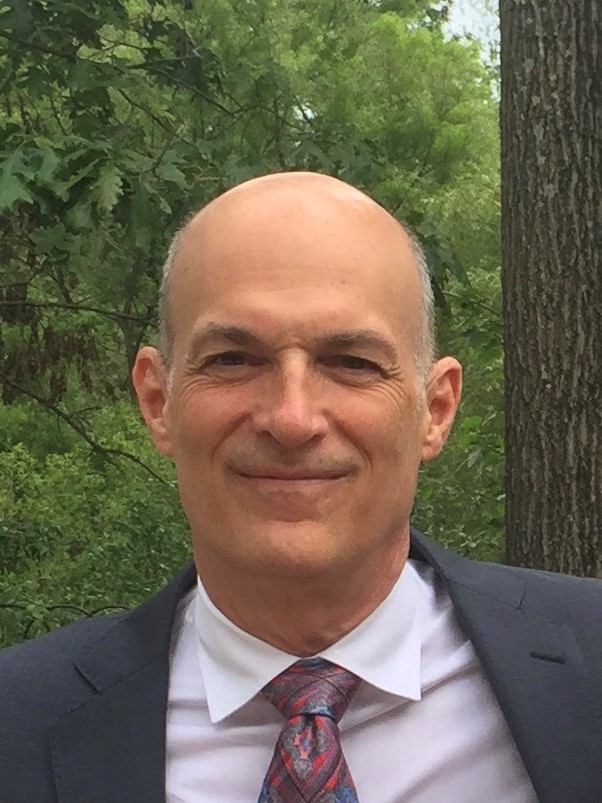
I am a physician and, as well, a psychiatric patient. I am living with bipolar disorder.
For many years, I traveled the bumpy road of refusing to accept my diagnosis and I avoided psychiatric care for far too long. Internalized shame and the stigma of being a psychiatrist with a mental health condition caused me to nail my bipolar closet door firmly shut. We expect physicians to be uber-competent and stoic so I was concerned about collegial disapproval and the loss of my medical license should my diagnosis become known. Despite these worries, I decided a few years back to step forward and publicly acknowledge that I have a mood disorder. Since then, I have shared my diagnosis with friends, family, and colleagues and have presented my truth at national and international conferences.
I never expected it but I have received more hugs and support from those who now know my story than I ever thought would come my way. I have come to realize that although I had been afraid of professional and personal repercussions, it turned out that those fears, in my case, were unwarranted. My biggest hurdle turned out to be the guy staring back at me in a mirror colored with shame and self-condemnation. I have come to see that there are few things more powerful and freeing than authenticity. We change our culture, currently imbued with stigma and judgment, one conversation at a time. I have learned that we need to respect and applaud those struggling with mental health challenges. We can hope that they will find their voice in a time and a way that is safe and best for them. It is wonderful that many share their stories quietly and in confidence with their doctor or loved ones in their lives. Others, like me, may find it helpful and liberating to speak their truth to a larger audience. But, it is unfair to place the burden of shifting the current status quo of silence and blame onto the shoulders of those who have been unwell. Friends, family and colleagues have an obligation to play their part in making the journey toward wellness an easier and safer one.
By coming out of my shadows previously filled with secrecy, I have stepped into the light of a healthier day. Replacing the corrosive inner narrative that had been swirling in my head with an affirming one of self-respect and affirmation has freed me in a way I couldn’t imagine. I still have my moments when I have to take a deep breath and a leap of faith to say to others that I am living with bipolar disorder, but it has become much easier over time. While medications have been life-saving for me, I no longer underestimate the power of walking through previously closed doors of shame and self-loathing. My journey has been years in the making but I have arrived at a place of true peace and self-acceptance. Because of this, I am a success story: a caregiver and, at last, a care receiver living well with bipolar disorder.


